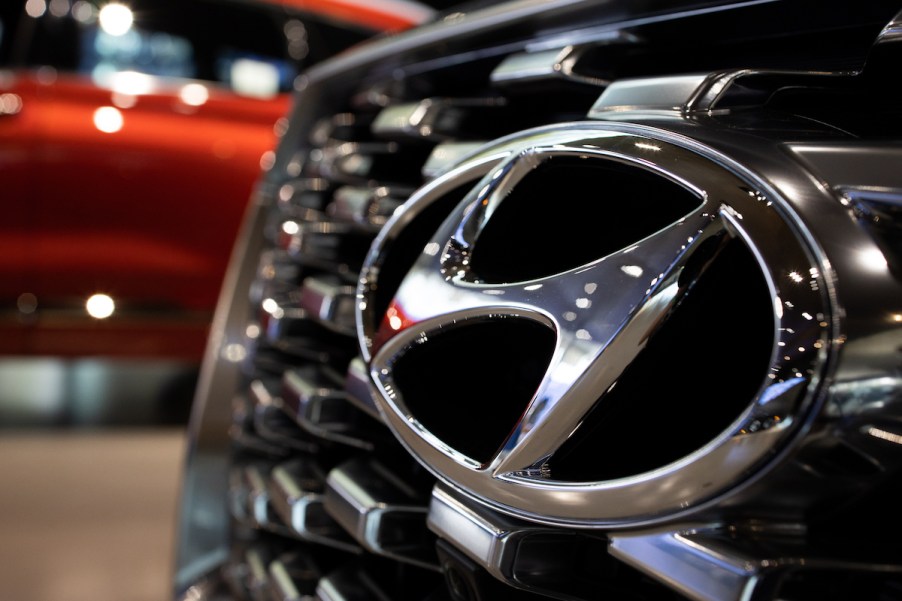
Hyundai Dealer Sues Automaker Over Required Image Overhaul
Disputes between dealers and car manufacturers are nothing new. In a recent example of such a dispute, a Hyundai dealer sued the company over reduced vehicle allocations. What would cause a manufacturer to cut its shipments to its own dealers?
What is a vehicle allocation?

A vehicle allocation is the number of vehicles a car manufacturer sends to any given dealer for resale. According to Bass Sox Mercer, a dealer franchise law firm, dealers rely almost completely on their allocations to stay in business because “you can’t sell what you don’t have,” and customers are rarely eager to wait indefinitely for a new purchase to be shipped.
Manufacturers generally calculate their dealership allocations using complicated algorithms involving past sales, sales rates, current numbers of specific makes and models already on the lot, and other similar factors. Overall, how a particular allocation is determined can appear quite mysterious to franchise dealers.
Despite their sometimes mysterious nature, allocations can have an enormous impact on the future success of a dealership. If a dealer gets caught in a vicious circle of not having a sufficient inventory of a hot product, it likely won’t be able to make the sales necessary to earn more of that product in the future. A competitor with the proper inventory to be successful with sales will continue to be allocated better stock, perpetuating the cycle.
Hyundai dealer sues manufacturer over requirements
The challenges that many dealers face when relying on manufacturers to provide allocations became evident recently in the case of a Hartsdale, New York, Hyundai dealer that sued the carmaker over allocation requirements. As Autoblog recently reported, the franchise dealer brought suit against its franchisor for withholding the expected allocation after the dealer did not complete the required upgrades to its premises.
Central Avenue Hyundai alleged that Hyundai cut the number of vehicles sent to the dealer for resale when the latter declined to implement upgrades required by the manufacturer’s Accelerate facility image program. The upgrades would have cost the dealer hundreds of thousands of dollars.
Central Avenue indicated that Hyundai had cut car shipments by more than 40% in the first quarter of 2022 compared to the same quarter of the previous year. That was the largest drop among all of its local competitors. Considering how allocations are often calculated puts it into a hole that may be difficult to climb out of.
Other franchisees push back as well
Central Avenue Hyundai isn’t the only dealer to have balked at upgrade requirements coming down from the manufacturer. Other Hyundai dealers protested the move as well. However, in their case, they relied on state auto dealer associations to make the argument, fearing that doing so individually could harm their relationship with Hyundai.
Given the strains on the vehicle supply chain in recent years, it seems that tensions between dealers and manufacturers have been rising, so Hyundai is not alone in this type of conflict. Ford and General Motors, for example, have threatened to cut allocation to dealers over excessive price markups. According to Ford CEO Jim Farley, the concern is that these markups could taint customers’ relationships with Ford going forward.
Times are tense for the auto industry, and these tensions are clearly spilling over into the dealer-manufacturer relationship as well.


